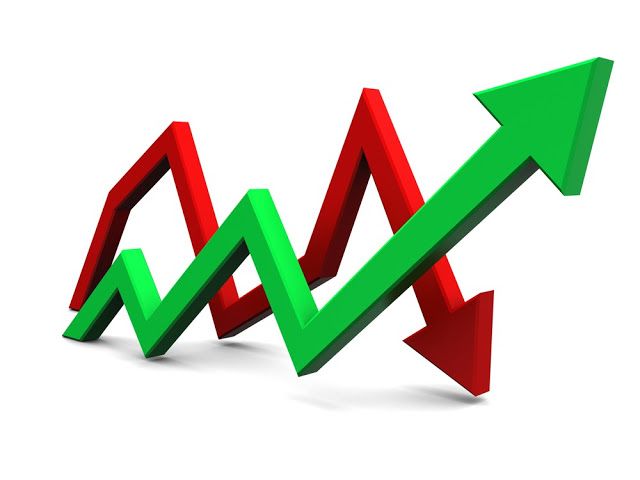The stock market is often seen as a pathway to wealth, opportunity, and financial freedom. Yet for all its allure, it remains one of the most unpredictable systems in the modern world. Investors, analysts, and even artificial intelligence models struggle to consistently forecast its next move.
So, why is the stock market so difficult to predict? Let’s break it down.
1. Human Behavior Is Unpredictable
At its core, the stock market is driven by people—investors making decisions based on fear, greed, optimism, or panic. These emotions are hard to quantify and even harder to predict. Even when economic indicators are strong, negative news can cause mass sell-offs. Conversely, markets sometimes rally on little more than hope.
Behavioral finance shows us that emotions often override logic, making the market highly volatile and irrational at times.
2. Too Many Variables at Play
The market reacts to a wide range of factors:
-
Economic indicators (like inflation, GDP, unemployment)
-
Global events (wars, pandemics, elections)
-
Corporate performance (earnings, leadership changes)
-
Central bank decisions (interest rates, monetary policy)
Each of these variables interacts in complex ways. A positive jobs report might suggest a strong economy but could also signal higher interest rates—which may lead to a market dip. This intricate web of cause and effect makes accurate forecasting extremely difficult.
3. Market Efficiency
According to the Efficient Market Hypothesis (EMH), all known information is already reflected in stock prices. This means that unless you have insider information (which is illegal to act upon), it’s nearly impossible to consistently beat the market using public data.
Because markets quickly absorb and adjust to new information, any advantage tends to be short-lived.
4. The Role of Speculation and Hype
Speculation, rumors, and social media can dramatically sway stock prices, especially in the short term. Just look at the meme stock phenomena—companies like GameStop or AMC soared not because of fundamentals, but due to online communities fueling massive buying frenzies.
These movements are nearly impossible to anticipate with traditional analysis.
5. Algorithms and High-Frequency Trading
With the rise of algorithmic trading, thousands of transactions can happen in milliseconds based on complex models. These bots can react faster than humans to market changes, making it harder for retail investors and analysts to predict short-term moves.
Even small fluctuations can be magnified by automated systems, increasing volatility and uncertainty.
6. Randomness and Chaos Theory
Sometimes, market movements are simply random. In the short term, price changes can resemble a coin toss. According to chaos theory, even tiny changes in one area (like a political speech or a weather event) can trigger large-scale effects elsewhere.
Trying to predict every possible influence is nearly impossible, especially in an interconnected global economy.
Conclusion: Prediction vs. Preparation
While predicting the stock market with accuracy is extremely difficult—if not impossible—what you can do is prepare:
-
Diversify your investments
-
Invest for the long term
-
Focus on fundamentals
-
Avoid emotional decision-making
-
Stay informed, but not reactive

